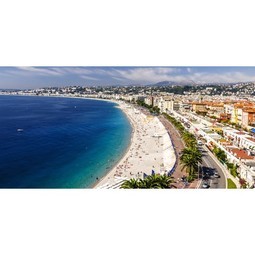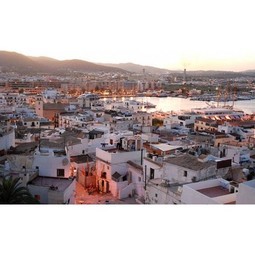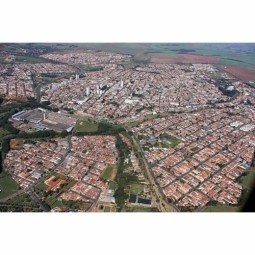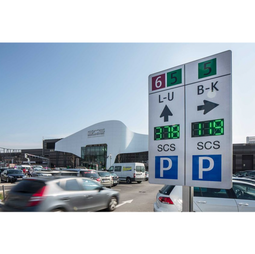Case Studies.
Our Case Study database tracks 18,927 case studies in the global enterprise technology ecosystem.
Filters allow you to explore case studies quickly and efficiently.
-
(2)
- (2)
-
(2)
- (2)
-
(1)
- (1)
-
(1)
- (1)
- (2)
- (1)
- (1)
- (4)
- (4)
- (4)
Selected Filters
4 case studies
|
Regulated parking in Nice, France
Urbiotica
The local administration of the city of Nice faced a critical mobility situation which was causing serious management problems and pollution harmful to the quality of life of its citizens. The objective of the project developed with our partners for the Nice administration was to reduce the vehicle flow to the city centre and encourage the use of alternative transport.
|
|
Smart parking in Ibiza, Spain
Urbiotica
With 133,000 inhabitants that receives more than 2 million tourists a year, this seasonal influx complicated access to the Ibiza's centre and caused congestion of vehicles looking for parking in La Marina. This affected the well-being of the population and even had a negative impact on trade and the image of the area. The project that we implemented for the local government sought to: -Speed up parking in La Marina. -Reduce vehicle flow to the centre. -Improve the quality of life and satisfaction of residents and tourists. -Promote the shopping area of the centre.
|
|
Regulated Parking Management in Santa Barbara D'Oeste, Brazil
Urbiotica
Optimising parking management efficiency is the main challenge of car park operators. Estapar is Brazil's most important car park operator. It needed a solution to simplify parking control, making the work of traffic wardens more efficient and improving the accessibility of vehicles to parking areas. The aim of the project developed for Estapar in Santa Barbara Oeste was to: optimise operating costs, increase the rotation and occupancy of spaces and, therefore, parking revenue, reduce the time spent looking for a parking space and improve the citizen's parking experience.
|
|
Parking at Shopping Centre Süd in Vienna, Austria
Urbiotica
With an influx of more than 23 million people, visitors constantly had to deal with tremendous vehicle congestion in the parking area. This meant that they would waste a lot of time looking for a parking space and become more stressed, affecting their willingness to shop. This affected satisfaction in general and they ended up looking for better and quicker parking alternatives. SCS needed to resolve the situation urgently which was causing a decline in the influx of visitors to the Shopping Centre and harming the results of the points of sale.
|








